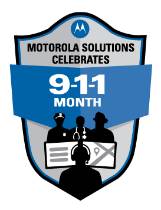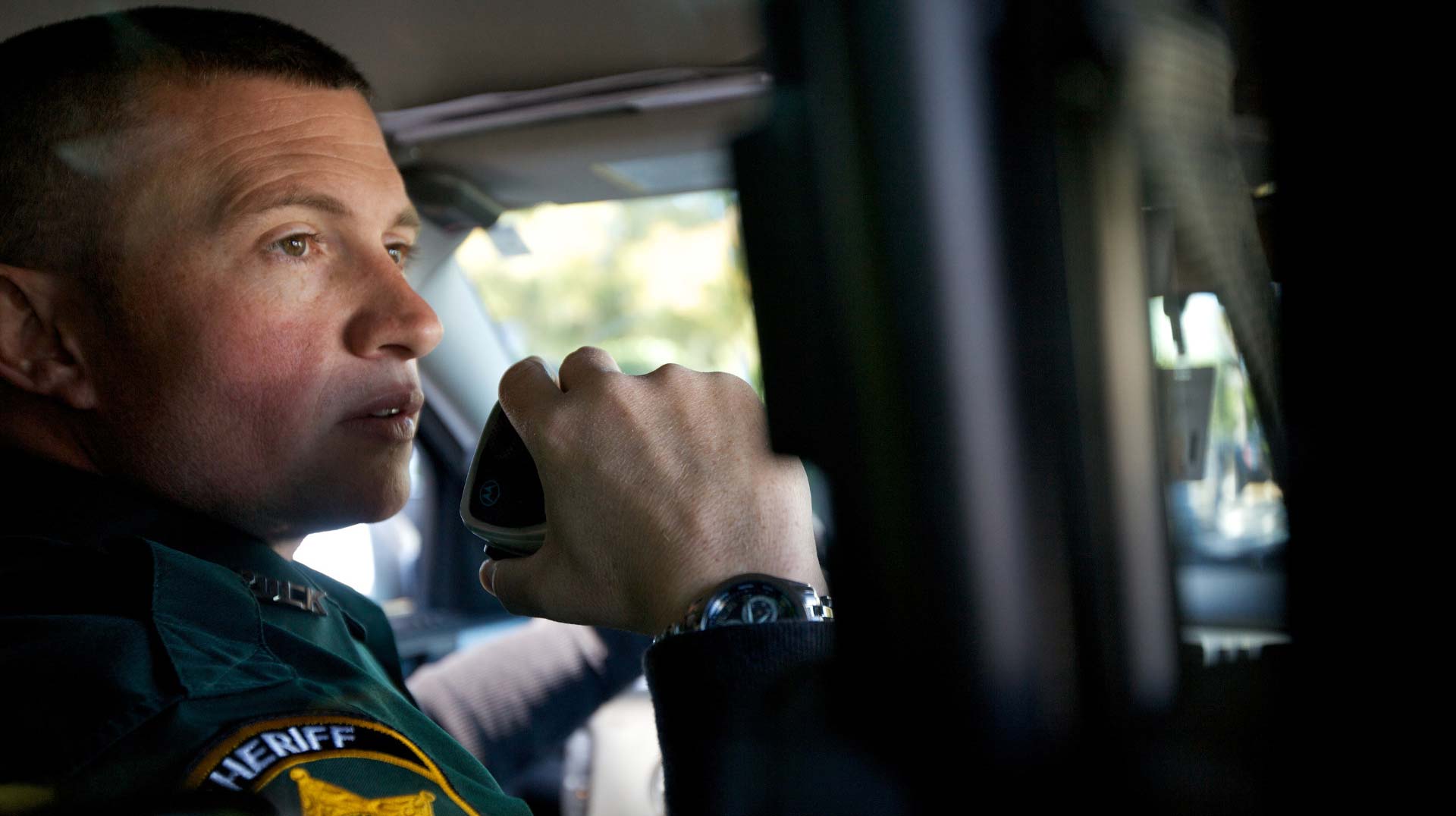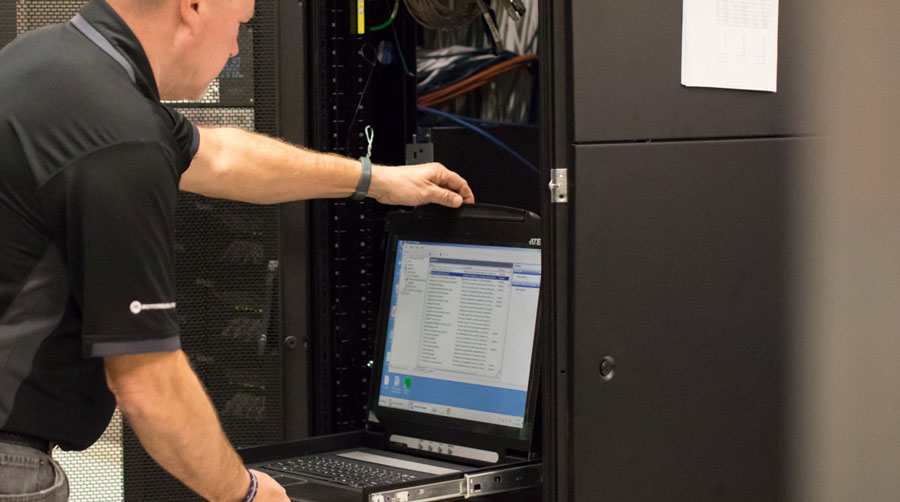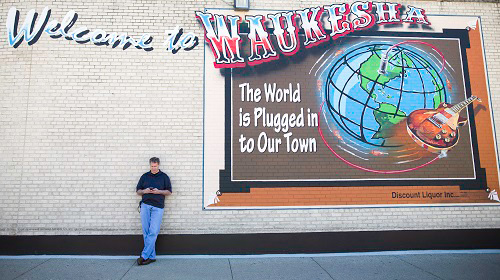 This is the second blog in a series highlighting 9-1-1 education month and the men and women who answer the call for help.
This is the second blog in a series highlighting 9-1-1 education month and the men and women who answer the call for help.
Every second counts when you call 9-1-1. In order to get you the help you need in an emergency, 9-1-1 dispatchers like me depend on your assistance. To help make sure that police officers, fire fighters and paramedics can get to you as quickly as possible, here is a list of the top nine things you can do when you need help:
-
- Know when to call 9-1-1
Is someone hurt? Is someone in danger? 9-1-1 is only for emergencies or serious situations when police officers, fire fighters or medical help is needed right away. If you are unsure whether or not to call, always err on the side of “yes”. We would much rather arrive to see nothing is serious than to miss being there when our help is needed. - Stay calm
We understand that the reason for your call may be the worst thing you’ve ever experienced, but staying calm is the most important thing to do when calling 9-1-1. If you’re crying or yelling, it may make it more difficult for us understand what help you need. The sooner we understand what you need and where you are, the more quickly first responders can arrive. So stay steady, be prepared to follow directions and answer all of our questions. Just remember, every question we ask – even if it seems obvious or irrelevant to you at the time – is asked for a reason. - Be ready to help
You are our eyes, ears and hands on the ground until a first responder arrives on the scene. We are trained to walk you through critical first aid, or ask you specific questions about what is happening until help arrives. By closely following our instructions or describing the scene, you can provide first responders with an accurate understanding of what is happening before they arrive. This simple action can save someone’s life, or even you own. - Know where you are
Most 9-1-1 call centers now have technology that instantly tells us where your call is coming from, but we will always ask to confirm what the technology is telling us, and you need to be prepared to answer. Take your time. The few moments you take to be precise about your location might save critical time spent looking for you. If you’re calling from a large building or complex like a school or manufacturing plant, provide the entrance location so we can go straight to where help is needed. - Stay on the line
Keep in mind that while you’re talking to the 9-1-1 call taker, we’re dispatching help at the same time. During an emergency, time often seems to “stand still”, and it may seem like it is taking a very long time for help to arrive. Please remember that first responders are trained to get to where you are as soon as possible after dispatch. We will stay on the line until help arrives, or as long as it is safe, so you can provide any additional information or assistance we may need. - Never hang up
If you hang up suddenly after calling 9-1-1, we will assume something has gone very wrong. Even if you’ve called by accident or the situation has resolved itself, let us know that things are okay. If you hang up, we will call back or dispatch help anyway to ensure everyone is safe. - Post your address
Don’t leave our first responders wondering if they’re in the right place. Mark your address on the outside of your home and driveway prominently. When calling 9-1-1 it is always helpful to provide guidance like “third house on the left” or “a Cape Cod with blue shutters” to help direct first responders. If you are able to safely leave the situation, go outside and direct help to the right location. - Know your phone
It seems simple, but with the ever-increasing array and sophistication of smart phones, you cannot assume that everyone knows how to operate every phone in your home. Take the time to ensure your family knows how to make a call regardless of which device they need to use. - Teach your kids about 9-1-1
Help youngsters memorize their name, address and phone number — information that will help them help you during an emergency. Many children have saved lives by being able to call 9-1-1 and quickly provide the information needed to get critical help to an emergency.
- Know when to call 9-1-1
I hope you do not need to call 9-1-1, but if and when you do, be prepared to get the help you need as quickly and efficiently as possible. This 9-1-1 month, Learn more about 9-1-1 best practices, and how dispatchers are truly the first, first responders in any emergency.



